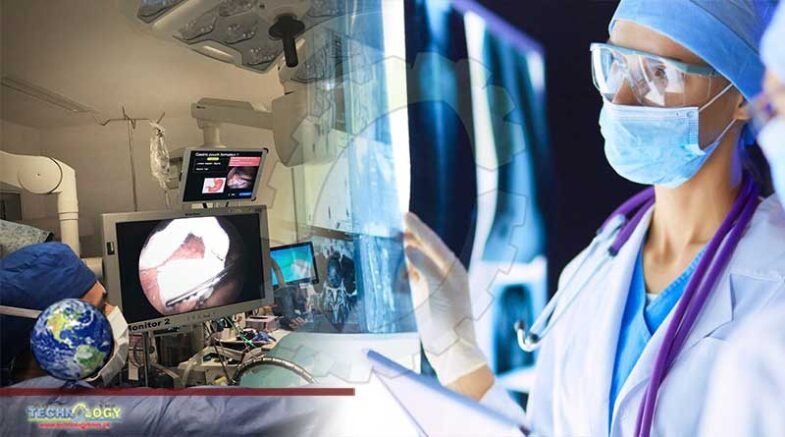A new tool using an artificial intelligence platform may help doctors better prepare patients for surgery to improve health care outcomes.

A new tool using an artificial intelligence platform may help doctors better prepare patients for surgery to improve health care outcomes.
Mohammad Rahman, a Purdue University associate professor of management, and his team developed the tool to help improve health care outcomes. They have received a Phase I SBIR grant from the National Science Foundation to support their work.
“We created patent-pending algorithms that use artificial intelligence technology to help hospitals and doctors better treat patients,” Rahman said. “Two big projects we are currently focused on are looking at improved peer-to-peer learning for doctors and quantifying how the comorbidities of patients influence their surgical outcomes.”
Rahman and his team are working with partners at Parkview Hospital in Fort Wayne, Indiana, and the Regenstrief Center for Healthcare Engineering to study patient records and outcomes to find patterns to guide future procedures. Comorbidity means more than one disease or condition is present in a person at the same time.
“For instance, we are using our tool to analyze what actionable steps a patient can take before surgery to increase their positive outcomes,” Rahman said. “Someone who is a bit overweight might be pragmatically advised to drop a few pounds instead of, based on general health guidelines, being asked to achieve impossible goals before surgery to increase the likelihood of success during and immediately following the procedure.”
Originally published at Eurek Alert
